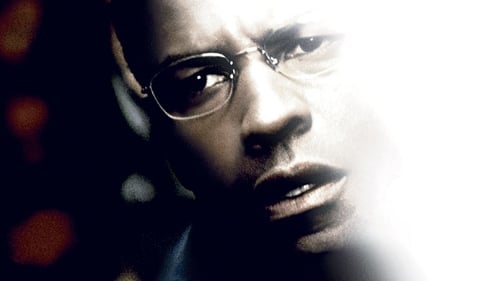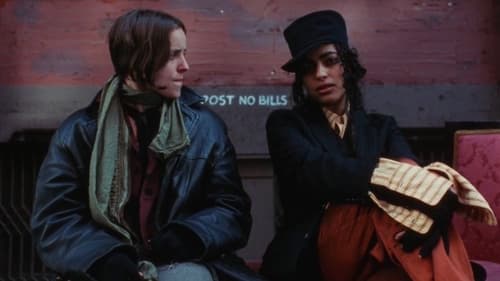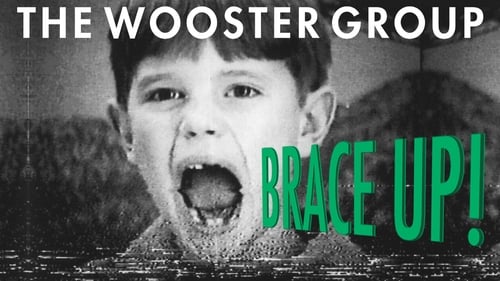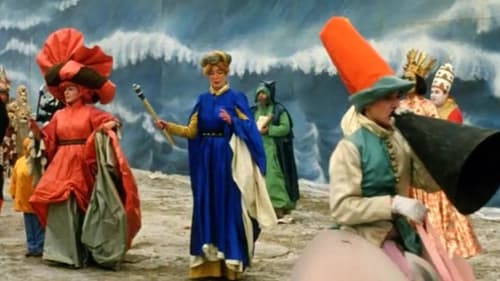Kate Valk
Nacimiento : 1956-03-07, Spokane, Washington, USA

An exploration of Soviet director Sergei Eisenstein's notes and drawings for a science fiction movie that he pitched to Paramount in 1930 about the residents of a skyscraper with walls and floors of clear glass.

Gertrude/Ophelia
In The Wooster Group’s HAMLET, Shakespeare’s classic tragedy is re-imagined by mixing and repurposing Richard Burton’s 1964 Broadway production, directed by John Gielgud. The Burton production was recorded in live performance from 17 camera angles and edited into a film that was shown as a special event for only two days in nearly 1,000 movie houses across the U.S. The idea of bringing a live theater experience to thousands of simultaneous viewers in different cities was trumpeted as a new form called “Theatrofilm,” made possible through “the miracle of Electronovision.” The Wooster Group attempts to reverse the process, reconstructing a hypothetical theater piece from the fragmentary evidence of the edited film. We channel the ghost of the legendary 1964 performance, descending into a kind of madness, intentionally replacing our own spirit with the spirit of another.

Dr. L.
Told through memory and metaphor, Utopians is a dark and subtly comic character study of three people on the edge: of society, of control, and of collapse. Roger is a yoga teacher. His daughter Zoe returns home from the military and to Rogers dismay resumes her relationship with her allegedly schizophrenic girlfriend Maya. Opposed to Zoe's pursuit of Maya but eager to be a part of his daughters life, Roger becomes entangled in the ups and downs of their relationship. Increasingly late and obviously distracted during his yoga classes, his few remaining students begin to lose patience. When Rogers well-meaning friend Morris offers them a live-in renovation job in an upscale Brooklyn home, the three of them move in and start a job they are not exactly qualified for. Living rent-free provides them with a respite from the responsibilities and expectations of the outside world. Together they try to find comfort in their new reality while being revisited by their troubled pasts.

Elaine/Faustus
The OBIE-winning collision of Gertrude Stein's Doctor Faustus Lights the Lights with Joseph Mawra's B-movie classic, Olga's House of Shame.

Agent Volk
En sus conferencias, el comandante norteamericano Bennett Marco habla constantemente de la emboscada que sufrió su pelotón en el desierto kuwaití y del heroísmo del sargento Raymond Shaw, que recibió la Medalla de Honor por salvar a sus compañeros. Sin embargo, una serie de pesadillas recurrentes le hacen dudar del heroísmo del sargento. Cuando Shaw, empujado por su madre, la polémica senadora Eleanor Prentiss, se presenta como candidato a la vicepresidencia de los EE.UU., las sospechas de Marco se acrecientan y, a pesar de todos los obstáculos que se le presentan, se lanza a investigar los hechos para encontrar la verdad antes de que Shaw y su equipo lleguen a la Casa Blanca.

Shareen and Claire, a lesbian couple living on Staten Island, find themselves ensnared in a vast conspiracy involving a ghost ship of nuclear refuse, ominous television commercials, and deadly cat food.

Masha / Narrator
The Wooster Group's production of Anton Chekhov's Three Sisters, translated by Paul Schmidt and directed by Elizabeth LeCompte, with performances from Kate Valk, Peyton Smith, Scott Shepherd, Ari Fliakos, Anna Kohler, Beatrice Roth, Ron Vawter, and Willem Dafoe. This presentation of the 2003 production of BRACE UP!, designed by Ken Kobland and LeCompte, incorporates close-up recordings of the performers simultaneously with continuous wide-angle footage.

White Homeland Commando takes the familiar terrain of network action drama and tilts the playing field. Reminiscent of today's popular reality-based cop shows, White Homeland Commando offers a straightforward story: four members of a special police unit investigate and infiltrate a New York-based white supremacist organization. But that is where the commonplace ends. The teleplay is shot and edited in a highly textured visual style, the colors are subdued yet somehow garish, and the sound is deliberately just out of sync with the speaker's lips. Occasional static combines with jumps in the plot — the editing is reminiscent of a television viewer flipping channels.

Production Design
Rhyme 'Em To Death reconstructs the trial from Victor Hugo's Hunchback of Notre Dame from a new perspective, that of a minor character - the goat. The trial of the goat, a postscript in the Hugo novel, has been extended and enlivened with actual transcripts of 15th-century trials in which animals were persecuted as witches.

Writer
Rhyme 'Em To Death reconstructs the trial from Victor Hugo's Hunchback of Notre Dame from a new perspective, that of a minor character - the goat. The trial of the goat, a postscript in the Hugo novel, has been extended and enlivened with actual transcripts of 15th-century trials in which animals were persecuted as witches.

Inspired in form by American police TV shows and soap operas, The Golden Boat is a madcap, surreal dash through the streets of New York city, telling the mysterious and often hilarious story of an aged street-person named Austin, a comically compulsive assassin, as he joins up with a young rock critic and philosophy student named Israel Williams. In the course of their adventures, Austin pursues his object of desire - a Mexican soap opera star - and along the way engages a host of TV characters and bit players, whose repartee range from gangsterish insults to the question of God's existence.

(segment "Greed")
Seven Women, Seven Sins (1986) represents a quintessential moment in film history. The women filmmakers invited to direct for the seven sins were amongst the world's most renown: Helke Sander (Gluttony), Bette Gordon (Greed), Maxi Cohen (Anger), Chantal Akerman (Sloth), Valie Export (Lust), Laurence Gavron (Envy), and Ulrike Ottinger (Pride). Each filmmaker had the liberty of choosing a sin to interpret as they wished. The final film reflected this diversity, including traditional narrative fiction, experimental video, a musical, a radical documentary, and was delivered in multiple formats from 16, super 16, video and 35mm.

Immigration Staff/Flying Saucer
The story of Willard from Ashley's opera Atalanta, recounted in 3 parts.











